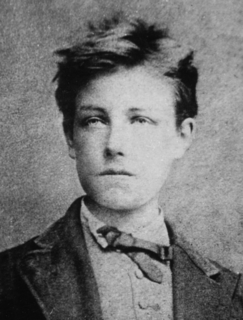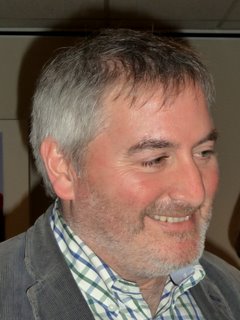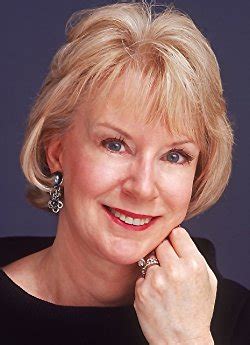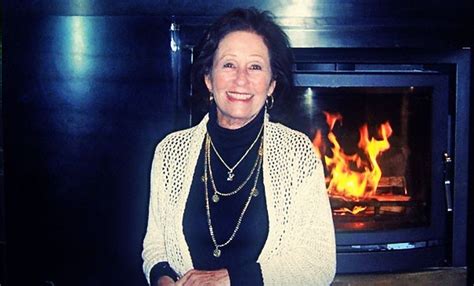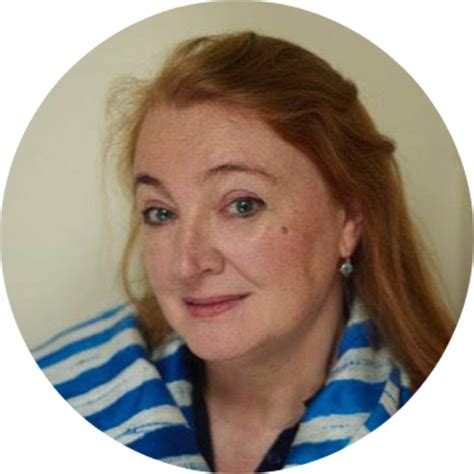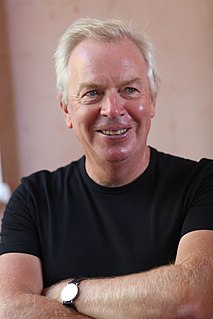A Quote by Arthur Rimbaud
For a long time I found the celebrities of modern painting and poetry ridiculous. I loved absurd pictures, fanlights, stage scenery, mountebanks backcloths, inn-signs, cheap colored prints; unfashionable literature, church Latin, pornographic books badly spelt, grandmothers novels, fairy stories, little books for children, old operas, empty refrains, simple rhythms.
Related Quotes
A man's bookcase will tell you everything you'll ever need to know about him," my father had told me more than once. "A businessman has business books and a dream has novels and books of poetry. Most women like reading about love, and a true revolutionary will have books about the minutiae of overthrowing the oppressor. A person with no books is inconsequential in a modern setting, but a peasant that reads is a prince in waiting.
Of course all children's literature is not fantastic, so all fantastic books need not be children's books. It is still possible, even in an age so ferociously anti-romantic as our own, to write fantastic stories for adults: though you will usually need to have made a name in some more fashionable kind of literature before anyone will publish them.
the association of children and fairy-stories is an accident of our domestic history. Fairy-stories have in the modern lettered world been relegated to the “nursery,” as shabby or old-fashioned furniture is relegated to the play-room, primarily because the adults do not want it, and do not mind if it is misused.
The current publishing scene is extremely good for the big, popular books. They sell them brilliantly, market them and all that. It is not good for the little books. And really valuable books have been allowed to go out of print. In the old days, the publishers knew that these difficult books, the books that appeal only to a minority, were very productive in the long run. Because they're probably the books that will be read in the next generation.
I like to be surrounded by books. My wife Evelyn has a Ph.D. in comparative literature, so we have a lot of her Spanish and German literature books which are wasted on me, plus a lot of novels and books on art and architecture shared by us both. Evelyn used to edit an art magazine called 'FMR,' so we have a common interest in design.
I like to be surrounded by books. My wife Evelyn has a PhD in comparative literature so we have a lot of her Spanish and German literature books which are wasted on me, plus a lot of novels and books on art and architecture shared by us both. Evelyn used to edit an art magazine called FMR, so we have a common interest in design.
